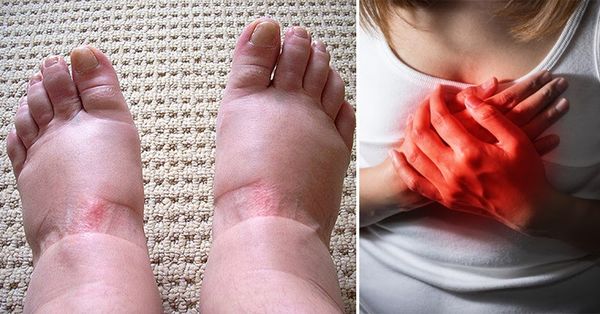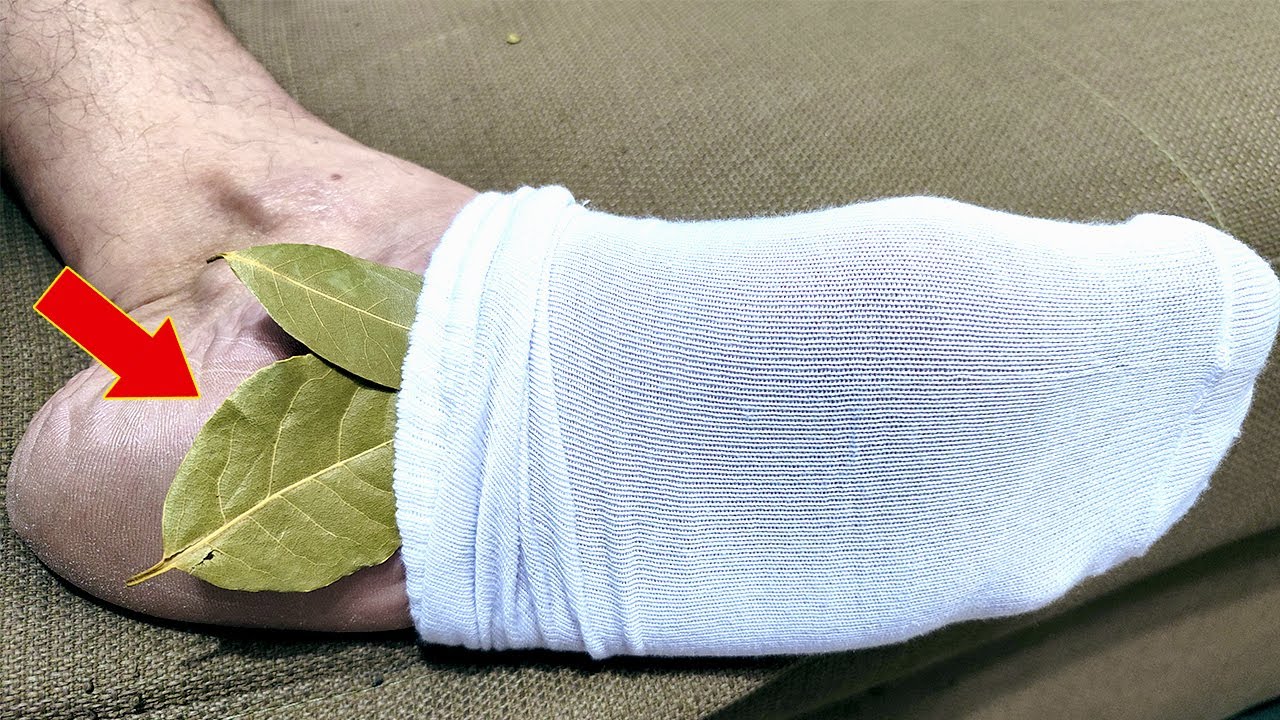
Swollen feet can occur for various reasons, and while some cases can be easily resolved, others may require medical attention. In this article, we will explore the potential causes of swollen feet and why it is important not to ignore them. If you are between the ages of 45 and 65, it is particularly crucial to be aware of these warning signs.
Signs to Watch Out For
Here are some common causes of swollen feet that you should be aware of:
1. Deep Vein Thrombosis
Deep Vein Thrombosis (DVT) occurs when a blood clot forms in the deep veins of the body, usually in the legs. Symptoms of DVT include swelling and heaviness in the legs, as well as visible veins. Timely medical attention is essential as DVT can lead to a life-threatening condition called pulmonary embolism.
2. Achilles Tendonitis
The Achilles tendon, the strongest tendon in the body, can become inflamed and swollen due to excessive use. If you experience swelling and discomfort in your ankles and heels, especially after physical activities, it may be a sign of Achilles tendonitis.
3. Osteoarthritis
Osteoarthritis, the most common type of arthritis, can cause pain, soreness, stiffness, and swelling in the feet. Engaging in activities like yoga can help alleviate the discomfort associated with osteoarthritis.
4. Heart Failure
Heart failure may display subtle signs, including swollen feet. When the heart is not functioning properly, fluid can accumulate in the legs, feet, or ankles, leading to edema.
5. Lymphedema
Lymphedema occurs when excess lymphatic fluid builds up in the arms or legs, resulting in swelling. If you experience a sudden and painful swelling, it is important to seek medical attention promptly.
6. Cellulitis
Cellulitis is a skin infection often caused by poor blood flow in the lymphatic system. It commonly affects the legs below the knee and causes the skin to become swollen, red, and hot to the touch.
7. Gout
Gout is a type of arthritis caused by high levels of uric acid in the body. It typically leads to intense pain, particularly in the big toe’s inner joints. If you experience severe pain or it is your first encounter with such symptoms, consult a doctor immediately.
8. Bursitis
Bursitis affects the small fluid-filled sacs that protect bones, muscles, and tendons. Although it commonly occurs in the shoulders, hips, and elbows, it can also affect the feet, causing pain, stiffness, and redness.
9. Rheumatoid Arthritis
Rheumatoid arthritis often begins in the feet, causing swollen and painful joints. In severe cases, nodules under the skin can also lead to swelling of the tendons and muscles.
The Importance of Seeking Medical Advice
If you suspect that your swollen feet may be an indication of an underlying health issue, do not hesitate to consult a medical professional. Early intervention can prevent potential complications and ensure appropriate treatment.
Don’t keep this vital information to yourself – share it with your friends and family. Awareness is key to safeguarding our health.
Let us know your thoughts by leaving a comment below!




